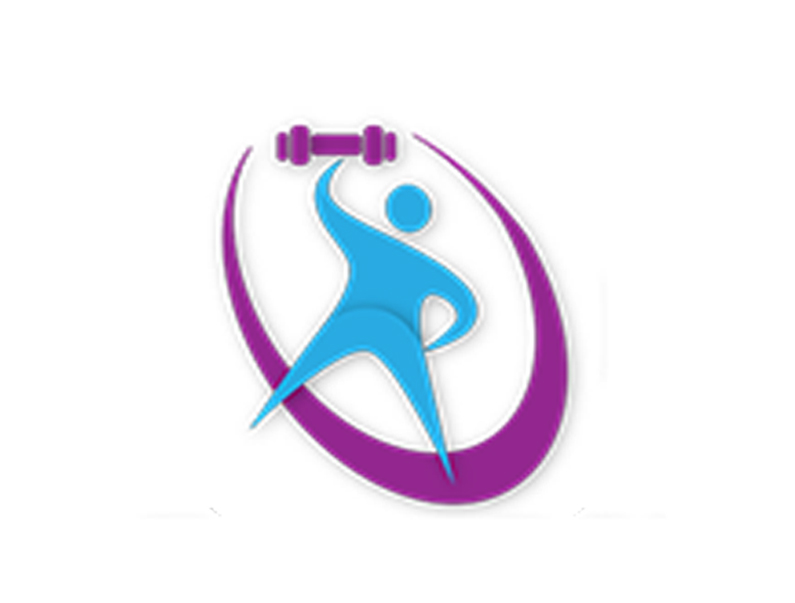BLOG 330 LEG CRAMPS
When your muscle suddenly becomes hard and tight or you feel a quick sharp pain in the calf, a muscle cramp has struck. It can happen while in motion when out for a run or even during a night’s sleep. This type of involuntary contraction is a spasm we would rather forgo. Without warning, the onset of a “Charley horse” (cramp that occurs in the calf area), is marked by temporary pain that we want instant relief from. Cramps are never fun to endure, and one just has to breathe through it, stretch, and massage out the area until alleviation kicks in.
There are a number of triggers that can cause muscle cramps. In order to avoid future spasms, knowing the causes becomes important. A cramp can be the result of poor blood circulation. Exercise related stress can bring on a cramp. Being dehydrated or deficient in magnesium and/or potassium, can be causes. Hot temperature is also a culprit, especially when being active. Not stretching enough can also lead to cramping. There are also medications that can lead to cramping. These include diuretics, certain Alzheimer’s medications, statin medications for cholesterol, as well as some osteoporosis and high blood pressure medications. Nerve compression can also cause a pinch that produces a cramp. Muscle mass lessens with age so what muscle is working may be more stressed than normal and overworked much more easily which can cause cramping. Muscle cramps are common during pregnancy as the body is undergoing a lot of changes. Certain medical conditions like diabetes, liver, or thyroid disorder can also heighten the risks of cramping.
Prevention includes staying hydrated, properly stretching, and making sure to eat healthy foods with nutrients. These include vitamins, minerals, potassium, and calcium. Potassium is found in many choices including vegetables, bananas, berries, potatoes, melon, citrus, meat, fish, and milk. Caffeine found in coffee, soda, and other beverages does affect fluid hydration in the body so be sure to replenish with water. Exercise and activity that lasts over 60 minutes can lead to glycogen depletion which can lead to fatigue which can lead to cramps.
Although only a temporary sensation and typically harmless, an unexpected bout of pain never feels good. It is important to seek a doctor’s help if these cramps are reoccurring or persistent. A nutrient imbalance may not be readily noticeable. Finding the cause can help avoid future incidences. Muscle cramps happen to almost everyone, few and far in between, but when they strike, they aren’t forgotten. The healthy folks of Bonsall and Fallbrook know that less is more when it comes to “Charley horses”.
BLOG 329 GUT VS BRAIN
Well that good old Amazon Prime account of mine led me to the movie, “The Gut: Our Second Brain” (2013) by Cecile Denjean. This documentary was fascinating as so many clients suffer from stomach issues. I’m sure we can all relate to our bellies trying to be the almighty ruler of our day. So I’d like to share some of the research this movie explored.
Dating back to the cave man, our bodily features and functions were developed as needed mechanisms to seek and find food. Think of the “raw” diet that used to be consumed compared to our digestive systems now that have undergone quite the change in the types of food we eat. Even when cooking from “scratch”, realistically the flour or spices have been through some type of manufacturing process already before our purchase of it. The stomach cannot physically be the same as it was thousands of years ago.
The brain and the stomach use the same neurotransmitters. Serotonin is the “well-being” chemical found in both the brain and stomach. 95% of serotonin is produced in the gut. So if serotonin is said to dictate our mood stability, no wonder the stomach is impacted when we feel stressed or uneasy. Adding to this, 1 in 10 people are said to have IBS (irritable bowel syndrome) digestive pain problems. The brain and gut have communication issues. I was surprised to learn that Parkinson’s disease originates in the gut.
Different approaches are used to help with gut problems. Recent holistic type methods and Chinese medicine suggest hypnosis and acupuncture. This has also been shown to help with depression (again the brain and gut communicating better). Chinese medicine believes in the finding the source of the problem, which most times is the stomach.
Bacteria helps with digestion and we need it in our system. Having this good type of bacteria date back to when we are babies and are building immunity. Obesity and bacteria have been closely studied. Some research has revealed that obese people have more of a certain type of bacteria. Obesity boils down to 10% genetic, 10% bacteria and 80% lifestyle. Antibiotics kill bad bacteria. Probiotics help develop the good type of bacteria we need which can be found in yeasts and yogurt. There isn’t a clear understanding yet of how probiotics work, but in a test that gave women yogurts, they were less reactive to situations, meaning they were in a better stable sense of mind. The images of the brain were in a calmer state.
The more we know, the better we set ourselves up for success on our fitness journeys. This documentary help make sense of a lot of the stomach issues clients face. There is more to that growl in the belly than we think. Feed the mind and stomach as best as possible and listen to what your body is trying to communicate.
